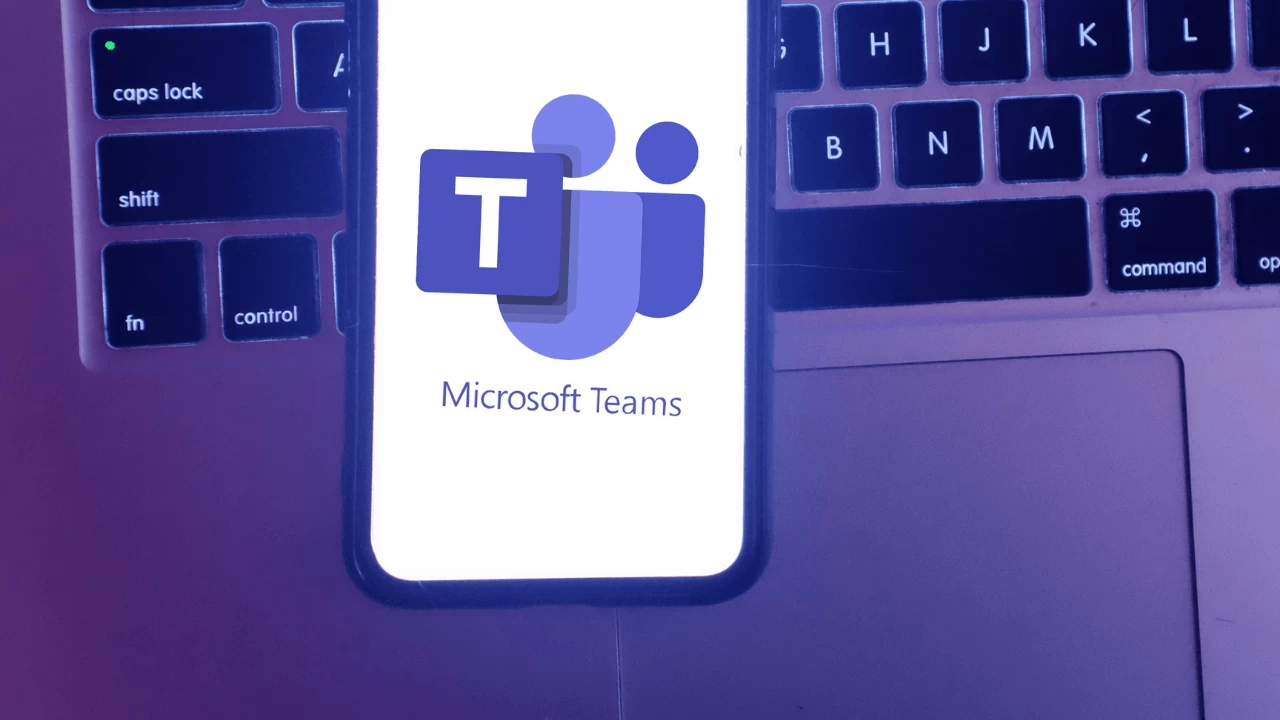Microsoft Introduces "Interpreter" Feature for Teams
Microsoft has unveiled a new artificial intelligence-powered translation and voice cloning tool called "Interpreter" for Teams. This feature will allow users to mimic their own voices to speak in different languages. Scheduled to be available in preview early in 2025, the feature will support nine languages, including English, French, German, Italian, Japanese, Korean, Portuguese, Mandarin Chinese, and Spanish. Users will be able to have their conversations translated in real-time during meetings, with the translations delivered to the other party in their own voice tones. Microsoft also plans to expand the transcription feature for multilingual meetings during the same period. This enhancement will support 31 different languages in meeting recordings. Additionally, an AI-powered tool will be introduced to summarize visual content shared via PowerPoint or web during meetings. The Copilot feature will provide quick summaries of shared files in chats, enabling users to access content without opening the entire file.
Security Concerns and Safeguards
The voice cloning technology brings security and ethical concerns. Microsoft has assured that biometric data will not be stored in the "Interpreter" tool and that this feature will only be activated with user consent. However, the potential misuse of voice imitation technology cannot be ignored. Risks of fraudulent activities, such as organizing fake meetings for scam attempts, are prevalent. The rise in deepfake incidents in recent years questions the reliability of digital content. According to the Federal Trade Commission (FTC), losses related to identity theft surpassed $1 billion in 2023. Microsoft is expected to implement additional security measures to mitigate these risks.
Enhancing Meeting Accessibility and Personalization
Microsoft aims to make the meeting experience more accessible and personalized with this new tool. Nevertheless, limitations persist, such as the inability of AI-based translation systems to fully convey cultural nuances. Despite these challenges, the market size of natural language processing technologies is projected to reach $35.1 billion by 2026.
















